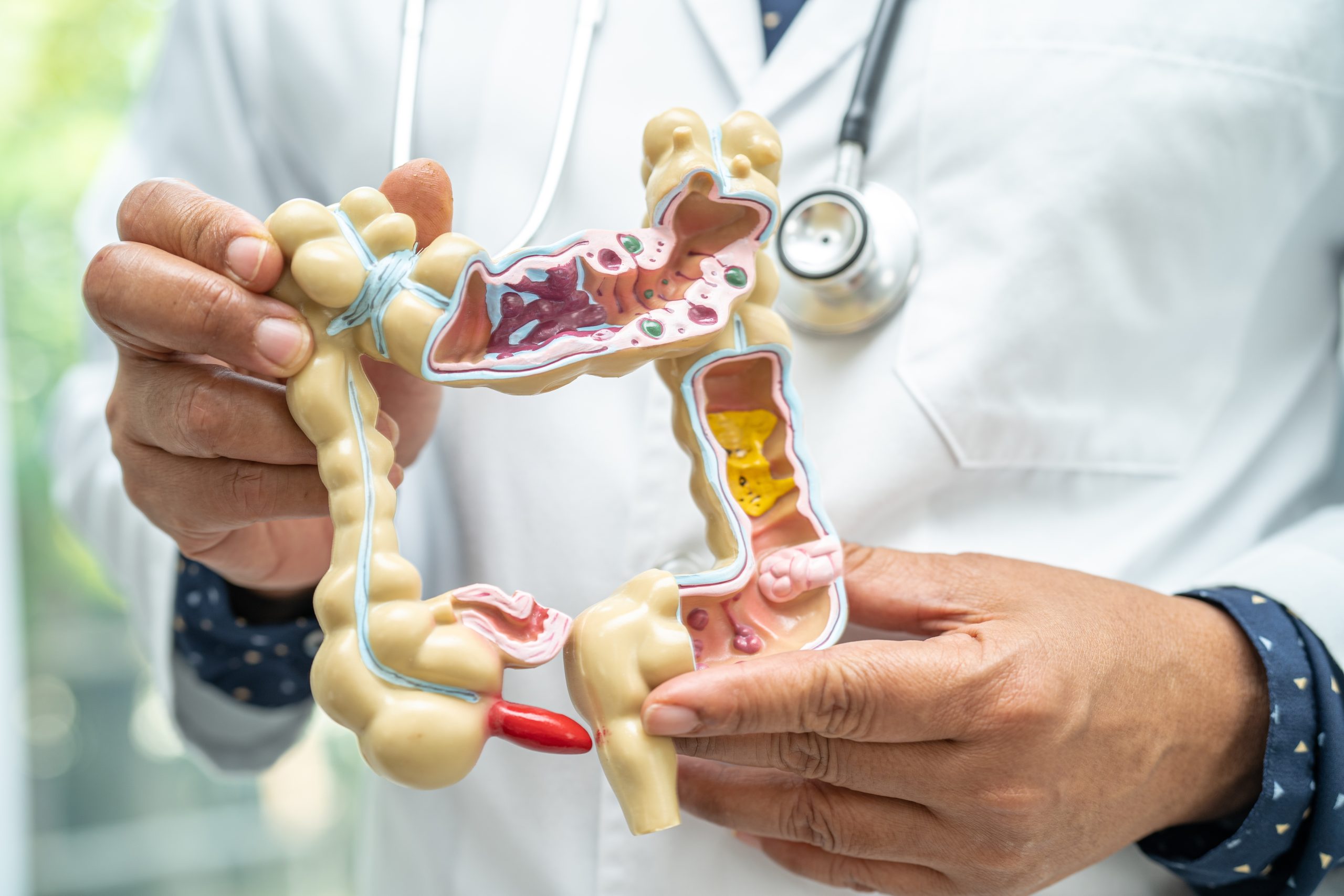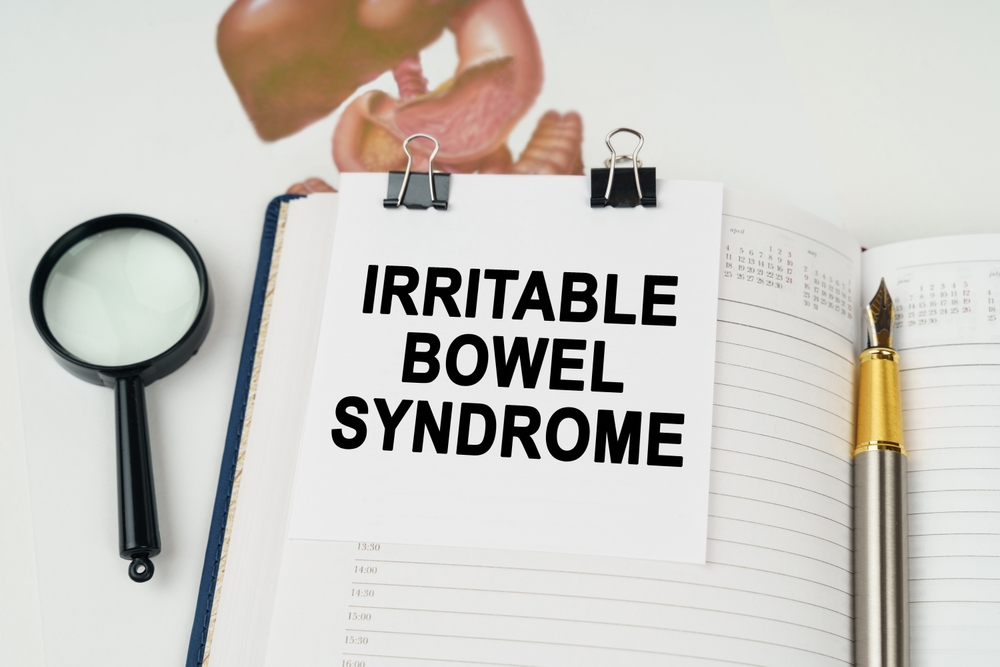Irritable Bowel Syndrome (IBS) is a common digestive disorder that can significantly disrupt daily life. While IBS is not an inflammatory condition, recent studies suggest that inflammation may play a role in exacerbating IBS symptoms. Understanding the connection between IBS and inflammation can help you manage chronic gut issues more effectively.
The Link Between IBS and Gut Inflammation
IBS primarily affects the large intestine, causing symptoms like abdominal pain, bloating, and changes in bowel movements. Although IBS is different from inflammatory bowel diseases (IBD) like Crohn’s disease or ulcerative colitis, low-grade inflammation has been observed in some IBS sufferers. This inflammation may be triggered by infections, stress, or food sensitivities, potentially worsening IBS symptoms.
Inflammation can make the digestive tract more sensitive, leading to increased pain, discomfort, and irregular bowel movements. Inflammation triggers can come from a variety of sources, and these triggers can worsen inflammatory conditions or increase the risk of chronic inflammation.
Managing and Reducing Inflammation:
- Antihistamines: Patients with IBS have an increased number of histamine receptors and may respond to combinations of specific antihistamines given at certain ratios.
- Anti-inflammatory Diet: Incorporating anti-inflammatory foods like fruits, vegetables, fatty fish (rich in omega-3s), whole grains, and nuts can help reduce inflammation.
- Regular Physical Activity: Moderate exercise reduces inflammatory markers and improves immune function.
- Stress Management: Techniques like mindfulness, meditation, deep breathing, and yoga help reduce stress and inflammation.
- Quality Sleep: Prioritizing good sleep hygiene can lower levels of inflammatory markers.
- Smoking Cessation: Quitting smoking can significantly reduce inflammation and the risk of inflammatory diseases.
- Limit Alcohol: Reducing or eliminating alcohol consumption can help manage inflammation.
By identifying and managing these inflammation triggers, individuals can reduce their risk of chronic inflammation and improve overall health. The inflammation may also impact gut motility, contributing to the hallmark symptoms of IBS, diarrhea and/or constipation.
What Are the Best Treatments for IBS-Related Inflammation?
Treatment for IBS-related inflammation includes both medical and natural approaches. Over-the-counter anti-inflammatory medications, such as nonsteroidal anti-inflammatory drugs (NSAIDs), are not recommended for IBS as they may irritate the digestive system. Instead, doctors may prescribe medications targeting inflammation, such as antibiotics for bacterial overgrowth, antihistamines, or probiotics to balance gut flora.
As mentioned before, reducing inflammation through dietary changes is critical. Avoiding foods that trigger inflammation, like processed foods, sugar, and saturated fats, can help. Instead, a diet rich in anti-inflammatory foods, such as fruits, vegetables, and omega-3 fatty acids, may improve symptoms.
Inflammatory Bowel Conditions: Symptoms and Solutions
While IBS is not classified as an inflammatory bowel condition, it shares similarities with conditions like Crohn’s disease and ulcerative colitis. Understanding the symptoms of these conditions can help differentiate them from IBS and guide appropriate treatment.
What Are Common Inflammatory Bowel Conditions Linked to IBS?
Common inflammatory bowel conditions include Crohn’s disease and ulcerative colitis, which are types of inflammatory bowel disease (IBD). Both situations involve chronic digestive tract inflammation but differ in the areas affected. While Crohn’s can impact any part of the digestive tract, ulcerative colitis is limited to the colon. These conditions cause symptoms like severe abdominal pain, diarrhea, weight loss, and rectal bleeding. While IBS itself is not inflammatory, some individuals with IBS may also have an inflammatory bowel condition, further complicating treatment.
Can Diet Help Reduce Gut Inflammation in IBS Sufferers?
Diet is crucial in managing IBS and gut inflammation. Following a low FODMAP diet is a popular and effective approach. This diet limits specific carbohydrates that are difficult to digest, reducing bloating and discomfort. Inflammation-fighting foods such as leafy greens, nuts, seeds, and oily fish rich in omega-3s should also be incorporated into your diet.
In addition, some IBS sufferers find relief by avoiding gluten and dairy, both of which can irritate the digestive system. A balanced diet high in fiber and low in processed foods supports gut health and reduces inflammation.
Combating Chronic Gut Inflammation: Tips for IBS Sufferers
Incorporating anti-inflammatory habits into your daily routine is key to managing chronic gut inflammation. Regular physical activity helps to regulate digestion and reduce stress, both of which can trigger inflammation in the gut. Practicing mindfulness and meditation is another effective way to reduce stress and lower gut inflammation.
Are There Natural Remedies for Inflammation Caused by IBS?
Several natural remedies can reduce inflammation and improve IBS symptoms. Turmeric is a well-known anti-inflammatory herb that has been shown to help reduce digestive inflammation. Ginger is another potent anti-inflammatory that can soothe the gut and ease symptoms like nausea and cramping.
Some probiotic supplements can also be beneficial, as they promote a healthy balance of bacteria in the gut and reduce bloating and discomfort. Herbal teas like chamomile and peppermint can further calm the digestive system and help reduce inflammation.
Looking for fast and effective relief for your digestive discomfort? Visit Get Relief Rx today to explore proven solutions to ease your symptoms and improve your gut health. Click here to start feeling better now!




